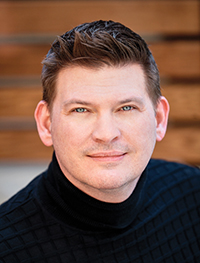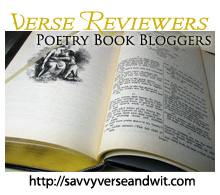Source: Purchased
Paperback, 88 pgs.
I am an Amazon Affiliate
Any Dumb Animal by AE Hines, which toured with Poetic Book Tours, is a compact powerhouse of poems where the poet tackles his demons, the rejection of his father, becoming at father himself, turning 50, and so much more. Hines is brave in these poems where he lays bare his fears, heartbreaks, and deep regrets, but these poems also offer glimmers of light, love, and hope.
***Be aware that some of the poems can be triggering if you’ve suffered abuse, trauma, and hate because of your sexual orientation.***
“Phone Call” opens the collection with a harrowing experience of a father pinning his son to floor after dragging him from his bed and squeezing his hands in the hardware store, as if force could mold him into what his father wishes him to be. However, Hines’ torment doesn’t stop there as he finds himself with a marriage counselor and a spouse who diminishes him in the same way. This poem explores trauma and how that trauma lasts years and years unless it is addressed.
In “How We Learn,” we find Hines has some anxieties: “Having nearly drowned as a child,/having been terrified to leave/the confines of dry land, I already knew/a thing or two about avoiding/the obvious dangers./” (pg. 5) But here we see a father “tossing” him “into the deep end of pools”. This dynamic between father and son is the anchor of the collection and a trauma that infects all of the other relationships he speaks about until he has come to terms with his deep-seated pain.
I don’t want to go into too much detail about these poems because you should read these poems for yourself. Any Dumb Animal by AE Hines is devastating all the more so because these personal experiences will make your heart break.
RATING: Cinquain
 About the Poet:
About the Poet:
AE Hines (he/him) grew up in rural North Carolina and currently resides in Portland, Oregon. His poetry has been widely published in anthologies and literary journals including I-70 Review, Sycamore Review, Tar River Poetry, Potomac Review, Atlanta Review, Crosswinds Poetry Journal and Crab Creek Review. He is winner of the Red Wheelbarrow Prize and has been a finalist for the Montreal International Poetry Prize. He is currently pursuing his MFA in Writing at Pacific University. Follow him on Twitter, Facebook, Instagram.


 Hello everyone! It’s
Hello everyone! It’s  I wanted to share some poetry events that are happening today and throughout the weekend. There’s a mix of online events and in-person events for your pleasure.
I wanted to share some poetry events that are happening today and throughout the weekend. There’s a mix of online events and in-person events for your pleasure.
 About the Poet:
About the Poet:








 About the Columnist and Founder:
About the Columnist and Founder:


